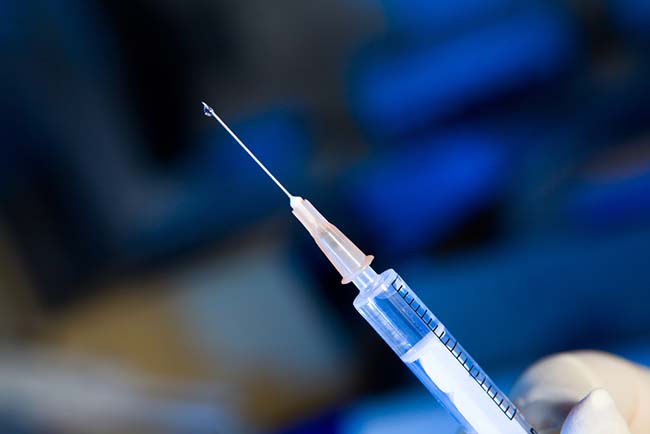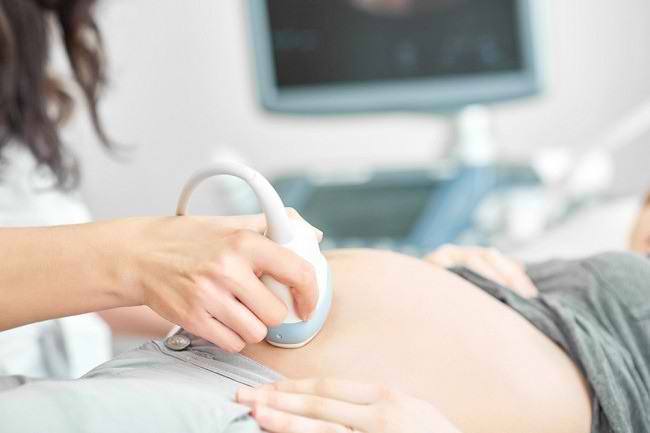Herpes disease in pregnant women can affect the development and health of the fetus in the womb.
Herpes is an infection caused by the herpes simplex virus. Once you have herpes, the virus will always be in your body. Fortunately, the virus is not always active, and if it relapses it will not be as severe as when first infected. Herpes virus is present in active lesions or fluid in the vaginal opening when symptoms occur. This disease is usually transmitted through direct skin-to-skin contact, sexual intercourse, or sharing sex toys.

However, herpes in pregnant women can also be transmitted to the child they are carrying. Danger or not depends on when the mother was first infected with the herpes virus. Symptoms of herpes that can arise include fever, muscle aches, nausea, fatigue, and painful sores or sores on the oral or vaginal mucosa. This wound can cause complaints of pain when urinating.
Mother was infected with herpes before she was pregnant
If a pregnant woman has been infected with herpes before becoming pregnant, it is unlikely that it will harm the little one. This is because antibodies that protect the body and fight the herpes virus will be passed from mother to child. However, if the mother has frequent relapses of herpes in pregnant women, there is a weakened immune system, or if the mother wants her baby to get additional protection, it is advisable to see a doctor for proper treatment.
Mother infected with herpes in the first and second trimesters time pregnancy
If the mother was first infected with herpes in a woman during the first or second trimester of pregnancy (until the 26th week), the mother is at high risk of miscarriage.
Meanwhile, if the pregnancy continues, there is no further risk in the growth and development of the little one. The possibility of a baby in the womb contracting herpes is less than 3%. However, the doctor will likely advise the mother to take antiviral drugs and not give birth vaginally or be advised to give birth by Caesarean section. Although rare, other factors such as impaired immunity, fatigue, stress, or not having regular pregnancy checkups in this condition can increase the risk of miscarriage.
Mother infected with herpes in the last trimester of pregnancy
If the mother was first infected with herpes during the third trimester of pregnancy, especially the last 6 weeks of pregnancy, the risk of the little one contracting the virus becomes much higher. This is because the mother's body does not have enough time to make antibodies. The little one in the womb will not get antibodies to this virus.
To prevent the transmission of herpes from woman to baby, the mother may be advised to take antiviral medication and have a cesarean delivery. Because if you give birth normally, your little one can get the virus through contact with open wounds or fluid-filled blisters in the mother's vagina. Prevention of herpes infection, especially by avoiding physical contact or sexual intercourse with sufferers or using condoms when having sex.
If your child does have herpes (neonatal herpes), the severity of the infection will vary from child to child. There are children who are recovering well and the infection is quite easy to treat. There are also children who get more serious infections, to affect the central nervous system or other organs. Herpes in infants is at risk of causing disability and although it is rare, neonatal herpes can also endanger the life of the little one.
Symptoms to watch out for if your little one has herpes are feeling weak, lacking or unwilling to drink, bluish lips or body, rapid breathing, rash appears on the body, and seizures. These signs are serious conditions in which the baby needs to be treated immediately. Tell your doctor or midwife if your mother or father has ever been infected with herpes. Protect the baby in the womb by getting the right treatment and fast from herpes in pregnant women. Regular pregnancy control is very important so that the health of the mother and baby is maintained.









